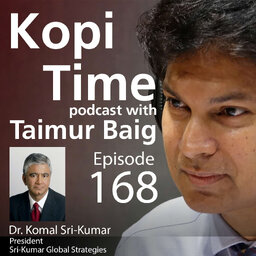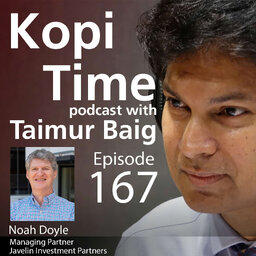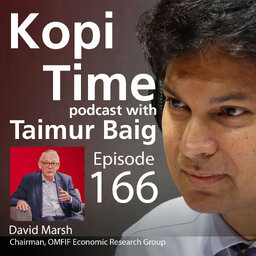Kopi Time E147 - Kishore Mahbubani on a Fragmenting World
We welcome back to Kopi Time Kishore Mahbubani, distinguished diplomat, academic, and writer on geopolitics. Our conversation, recorded in Mumbai, kicks off with India’s promise and challenges vis-à-vis the US and China, with the former turning increasingly protectionist and latter facing a myriad of domestic and external challenges. Mahbubani sees no room for emotion in geopolitics, expecting to see India follow its pragmatic instincts to pursue industrialisation with capital and technology from both superpowers. We then discuss Trump 2.0, the future of multilateralism, and Asia’s place in the great power rivalry. Always sharp and insightful.
 DBS Economics & Strategy
DBS Economics & Strategy


